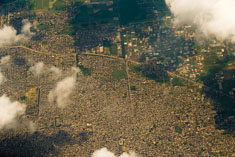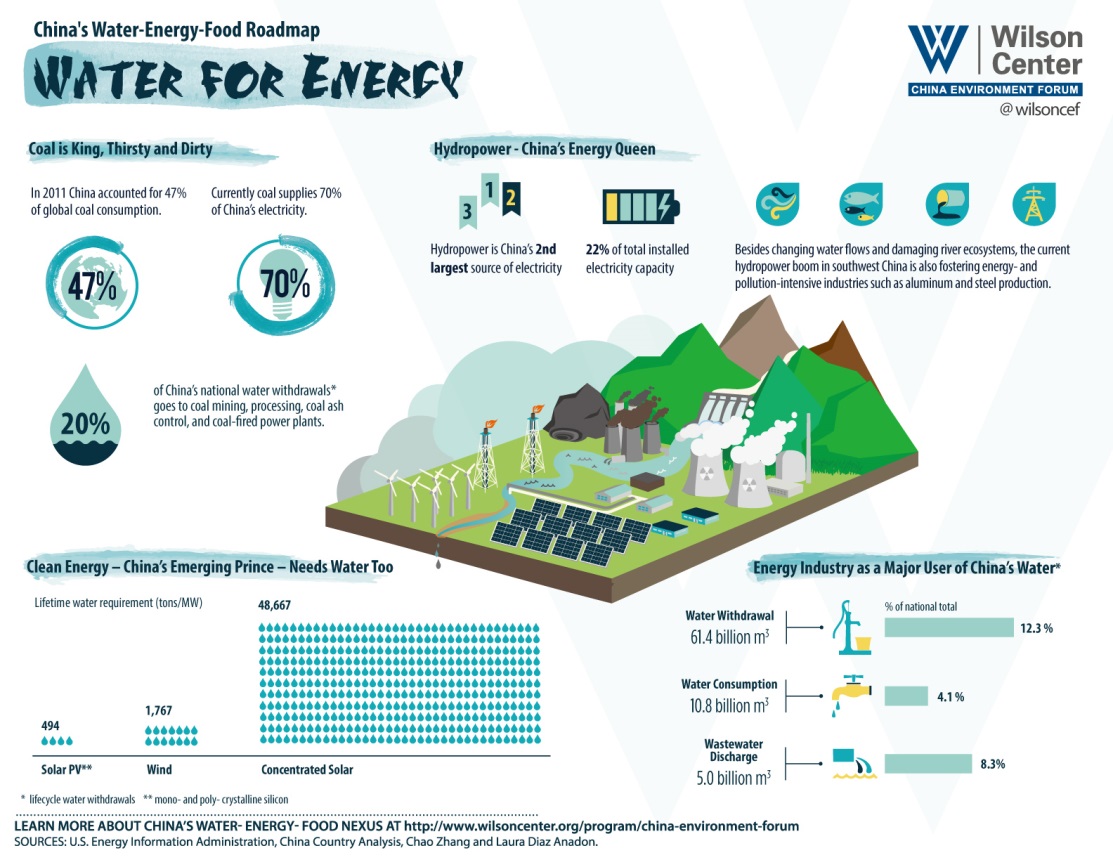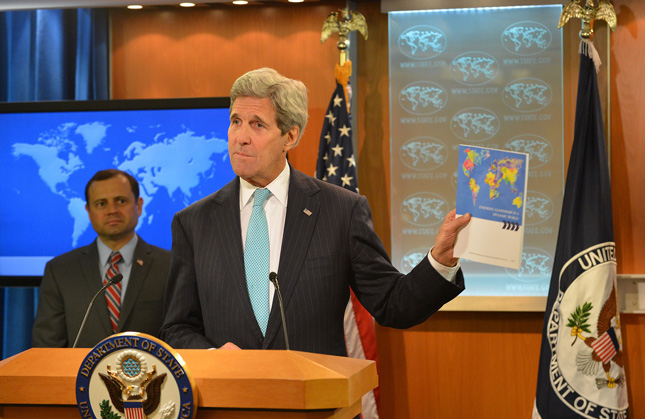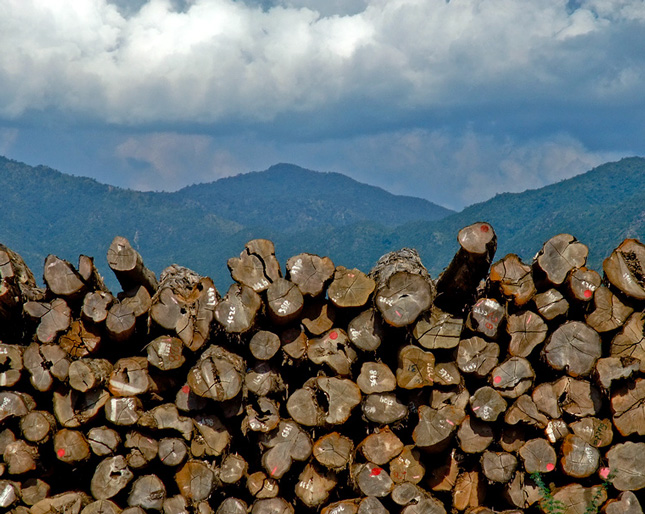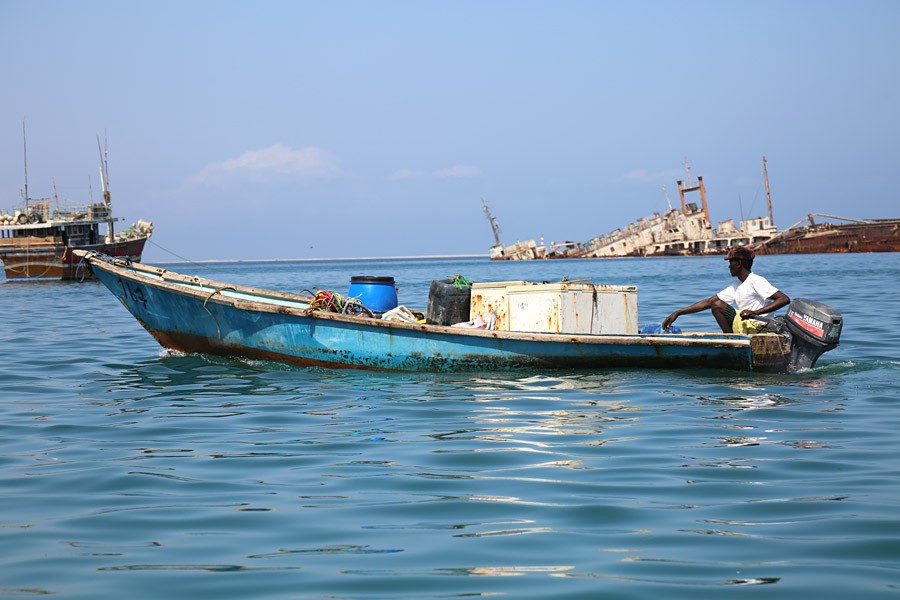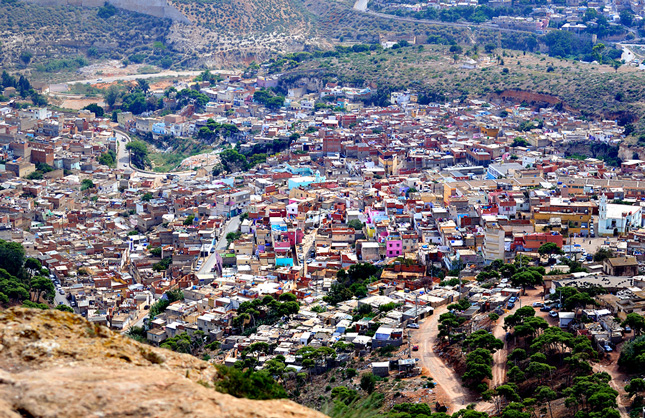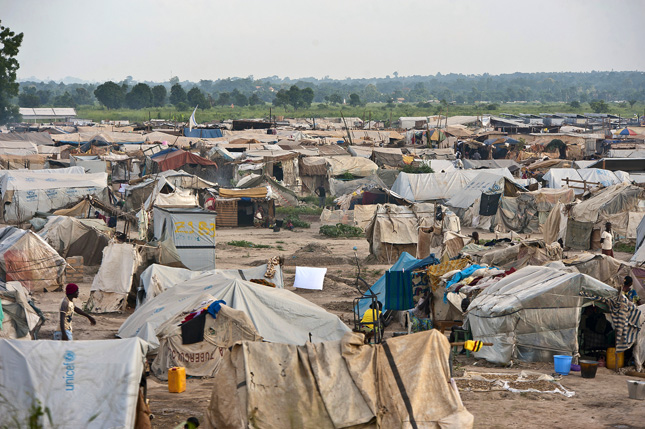-
Roger-Mark De Souza Talks Global Population Dynamics on ‘Radio Times’
›
From aging populations in East Asia, Europe, and the United States to youth in sub-Saharan Africa, changing demographics have implications for the entire global community, said Roger-Mark De Souza, director of population, environmental security, and resilience at the Wilson Center in an April 20 interview for WHYY’s Radio Times in Philadelphia.
-
Illustrating China’s Water-Energy-Food Choke Points [Infographics]
›Last month, the China Environment Forum released a new Global Choke Point report, China’s Water-Energy-Food Roadmap. To date, we believe this is the most comprehensive report on China’s interlinked natural resource insecurities – dwindling water resources in the face of growing energy use and increasing food demand.
-
In Kerry’s Quadrennial Diplomacy and Development Review, Climate and Conflict Are Focus
›April 29, 2015 // By Schuyler Null
It’s a bit late, but the second-ever Quadrennial Diplomacy and Development Review (QDDR) is finally here. And it’s a good thing – it’d be a shame if this effort to present a coherent strategic narrative of U.S. diplomacy and development, which was started by Secretary of State Clinton in 2010, petered out.
-
Blood Teak: Changing the Calculus of Myanmar’s Ethnic Conflicts
›
On March 30, the government of Myanmar and an umbrella group of 16 ethnic minority groups agreed to a draft agreement for a “nationwide ceasefire” to end decades of conflict in the country’s northern reaches. But even as the latest ceasefire was being made, two armed groups, the Myanmar National Democratic Alliance Army (MNDAA) and the Kachin Independence Army (KIA), were in open conflict with the Burmese military. Fighting in Kokang and Kachin has led to casualties in the triple digits and displaced an estimated 100,000 civilians.
-
Blockade of Yemeni Ports Has Unintended Consequences on Food Security, Somali Fishing Industry
›Hundreds of Yemenis have been killed since Houthi rebels overthrew President Abdu Rabu Mansour Hadi at the beginning of April. The instability next door has led Saudi Arabia to intervene with a bombing campaign and, most recently, impose a blockade of Yemen’s port cities to cut off what they claim is Iranian resupply of rebels. Besides blocking weapons though, the blockade is also having a major impact on food security and food assistance, and is even affecting livelihoods in Somalia.
-
Consequential Omissions: How Demography Shapes Development
›
If you were on a mission to improve the plight of humankind, no less, would you care about how many people are living, where they are, and how old they are? You probably would, for it would obviously make it easier for you to estimate the challenge you face. However, the international community did not.
-
A Call for More Intention, Consistency, and Foresight in an Interconnected World
›April 22, 2015 // By Roger-Mark De Souza
Global trends, from climate change and population dynamics to food, water, and energy scarcity, threaten to complicate global security, diplomatic efforts, and development policy. In the United States we are increasingly responding to these trends, rather than anticipating and planning for them.
-
What’s in a Name? States of Fragility and Adjusting Aid to Conflict Zones
›April 13, 2015 // By Lauren Herzer Risi
Depending on how closely you pay attention to the OECD, you may have picked up on a subtle but meaningful change in this year’s States of Fragility report. Whereas previous reports were titled Fragile States, the Organization for Economic Cooperation and Development has shifted its framing to focus less on states and more on conditions, less on the binary status of a “fragile state” and more on fragility as a universal condition that can impede development in all countries.
Showing posts from category economics.


